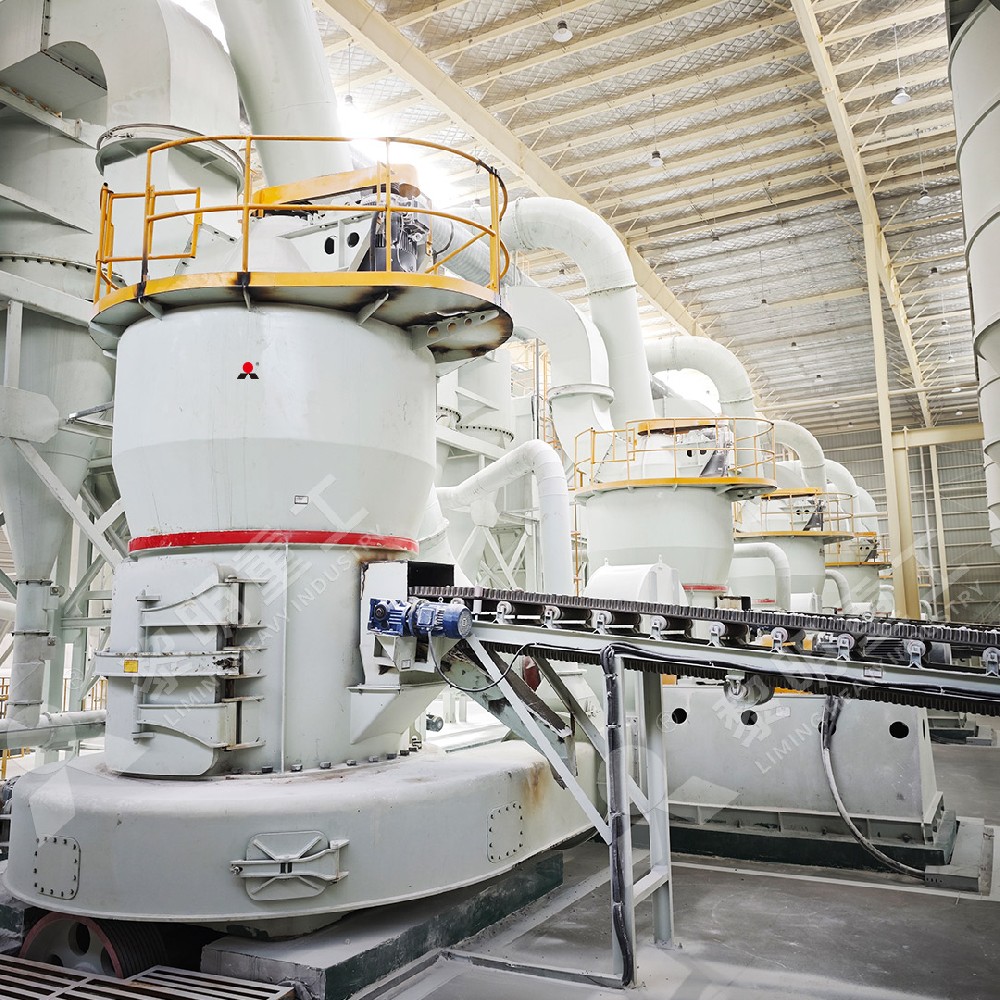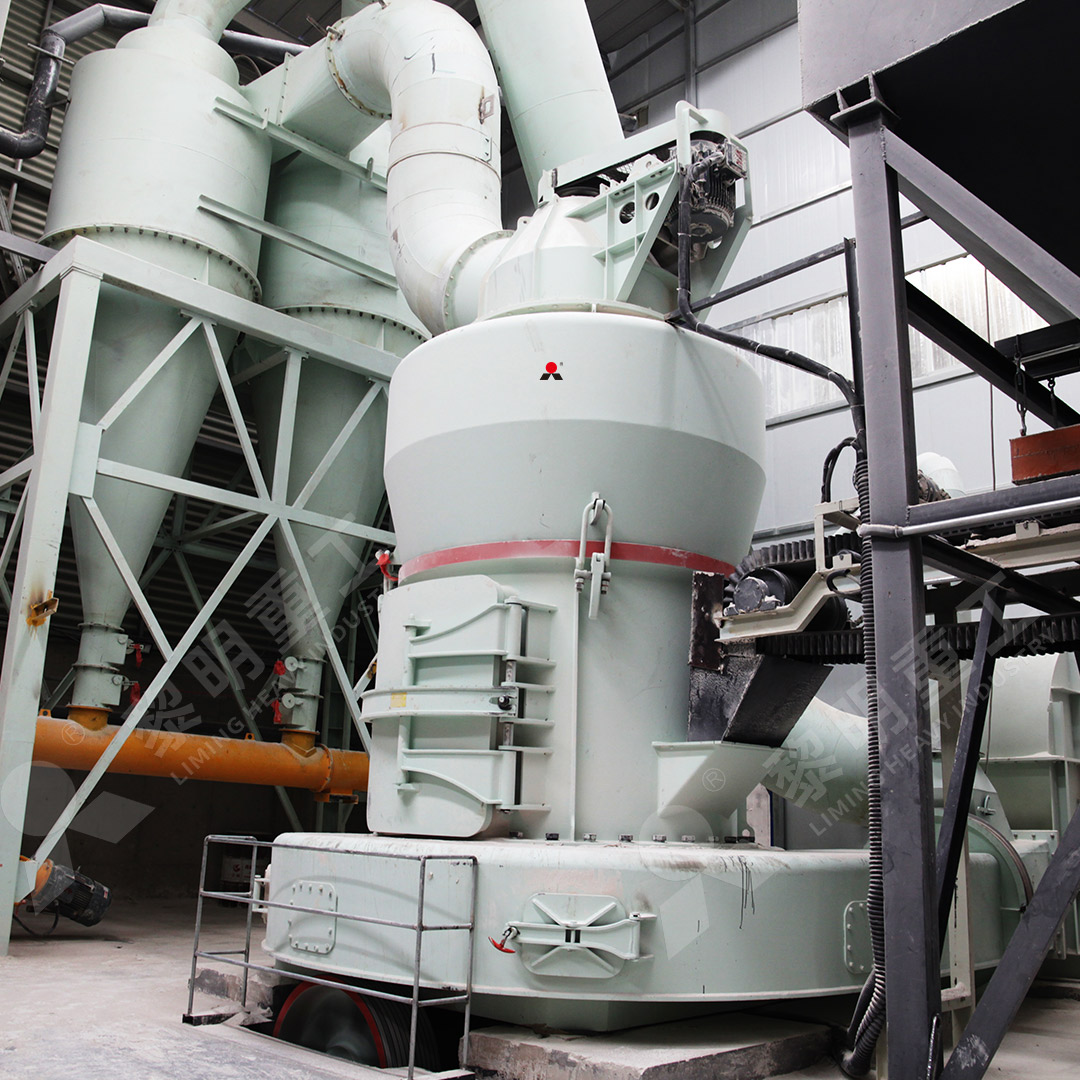Key Considerations for Selecting a 400 Mesh Calcium Carbonate Grinding Mill in Vietnam
Vietnam's rich limestone resources provide a solid foundation for its robust calcium carbonate industry. To capitalize on this potential, particularly for producing high-value 400 mesh calcium carbonate powder, selecting the appropriate grinding machinery is a crucial strategic decision. A well-chosen Vietnam 400 mesh calcium carbonate grinding mill is not just a piece of equipment; it is a long-term investment that directly impacts product quality, operational costs, and market competitiveness.
The selection process requires a thorough evaluation of several technical and economic factors. First and foremost is the raw material property. The hardness, moisture content, and initial feed size of the limestone must be considered to ensure the mill can process it effectively. Secondly, the required production capacity is a decisive factor. A small-scale operation might opt for a Raymond Mill, while a large industrial plant would likely require a high-capacity Vertical Roller Mill or an Ultrafine Grinding Mill to meet tonnage targets.

Another critical consideration is energy consumption. Grinding is an energy-intensive process. Modern Vertical Roller Mills, for instance, are often preferred for their lower specific energy consumption per ton of product compared to traditional mills, leading to substantial cost savings over time. Furthermore, the final product's quality specifications must be meticulously defined. For 400 mesh powder, the particle size distribution (not just the average) is vital. The chosen mill must have a reliable classifying system to ensure a tight and consistent particle range.
Beyond the machine itself, operational factors play a significant role. The availability of local technical support and spare parts in Vietnam is essential for minimizing downtime. The environmental footprint of the equipment, including its noise levels and dust emission control, must comply with local regulations. Finally, the total cost of ownership—encompassing the initial purchase price, installation costs, energy bills, and maintenance expenses—should be calculated to determine the most economical and viable solution for the business.
By carefully analyzing these factors—material properties, capacity, energy efficiency, product quality, and local support—Vietnamese enterprises can make an informed decision. Partnering with a reputable supplier who can provide test grinding services and detailed technical support is highly recommended. The right 400 mesh calcium carbonate grinding mill will serve as a cornerstone for producing premium products that meet both domestic and international standards, driving sustainable growth for the business.

FAQ
1. What are the main types of mills used for 400 mesh calcium carbonate in Vietnam, and how do I choose?
The primary types are Raymond Mills, Vertical Roller Mills, and Ultrafine Grinding Mills. The choice depends on your specific needs: Raymond Mills for cost-effective, small-to-medium capacity; Vertical Roller Mills for high capacity and energy efficiency; and Ultrafine Mills for the highest fineness and tightest particle distribution.
2. How important is the hardness and moisture of the limestone raw material?
Extremely important. Harder limestone requires more robust (and often more expensive) grinding components. High moisture content can lead to clogging and reduced grinding efficiency. A mill must be selected or configured to handle the specific properties of your raw material feed.
3. What does "energy consumption" mean in the context of a grinding mill, and why is it critical?
Energy consumption refers to the amount of electrical power (in kilowatt-hours) required to grind one ton of material. As grinding is a major operational cost, a more energy-efficient mill, while sometimes having a higher upfront cost, can lead to significantly lower operating expenses over its lifetime.
4. Can a supplier test my material before I purchase a mill?
Yes, and this is a highly recommended practice. Reputable grinding mill suppliers often have pilot-scale testing facilities. Sending a sample of your limestone allows them to test-grind it and provide data on final product quality, output capacity, and energy usage, helping you validate the mill's suitability for your project.





